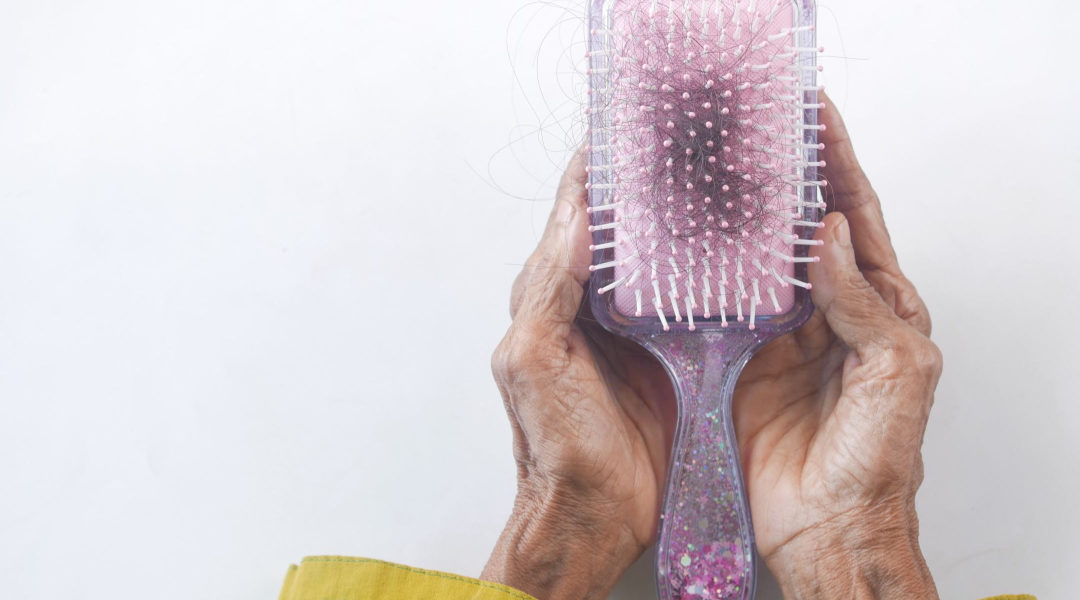Even though we are more than two years into the coronavirus pandemic, there is still a lot of research taking place. The list of potential symptoms following infection with the coronavirus is extensive, and some people have lingering hair loss issues. Now, thanks to a growing body of scientific research, we have a bit more knowledge regarding hair loss following this type of infection. Fortunately, hair loss is not permanent following COVID.
The exact condition that leads to hair loss following a COVID infection is called telogen effluvium. This is typically a condition that leads to hair loss in response to an extreme amount of stress. Clearly, an infection with their coronavirus can lead to stress, causing hair to fall out. There are other issues that can lead to telogen effluvium as well. Examples include hormonal abnormalities, nutritional deficiencies, and medications.
According to information that has been published by research professionals, approximately 10 percent of all people can experience significant hair loss following infection with the virus, but there are other research papers that indicate as many as ⅔ of people may experience some degree of hair loss following an infection. In reality, it is not the virus itself that leads to hair loss. The virus does not infect the hair cells and cause hair to fall out. In reality, it is the body’s response to an infection with the virus that causes someone’s hair to fall out. The body produces a powerful immune and inflammatory response in an effort to fight off the virus. Essentially, the hair gets caught in the crossfire, causing it to fall out.
When this condition develops, it is not unusual for people to notice an excessive amount of hair on the hair brush or on the floor of the shower when bathing. Eventually, people may start to notice that their hair is a bit thinner. Hair loss may continue for a few months until it stops. Usually, the best treatment is to simply wait it out. It may be prudent to minimize the number of chemicals that people put in their hair to reduce the stress placed on the hair itself, but hair will begin to grow back eventually.

